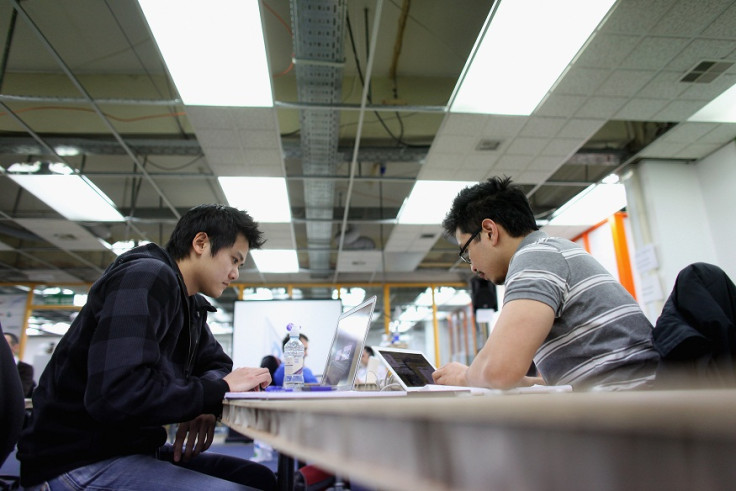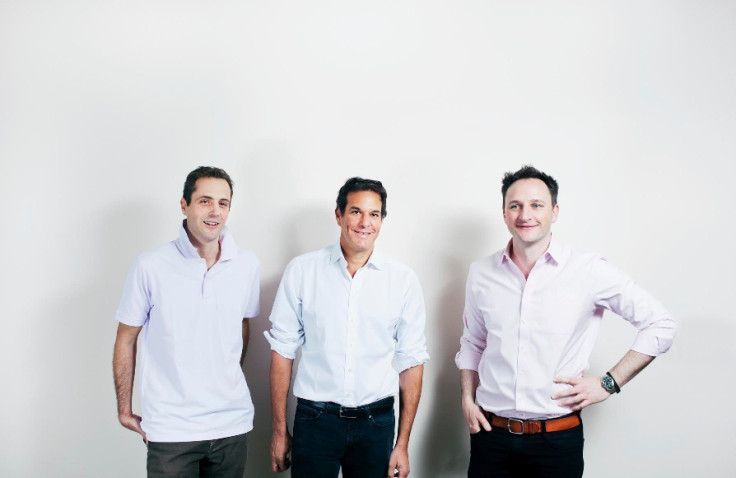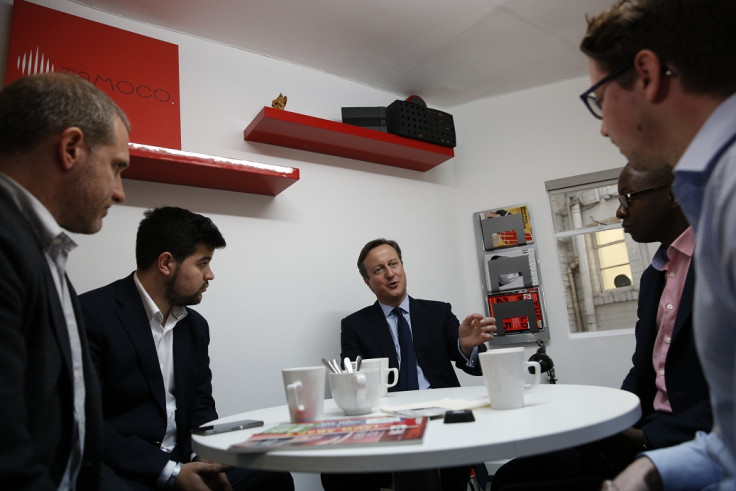Start-up London: Tech City on cusp of its first $1bn Google success story

The first "billion dollar" start-up is on the cusp of bursting out of Tech City, heralding a golden era of innovation out of Silicon Roundabout . The innovation hub on Old Street, East London, has been heralded as the best hub behind Silicon Valley to build a new technology company.
Politicians including prime minster David Cameron, chancellor George Osborne and London mayor Boris Johnson have clambered to back the technology centre as the leading destination behind San Francisco's famous Bay Area to forge a successful tech firm.
But success stories have been few and far between and the number of "unicorns" – start-ups valued at $1bn (£650m) – galloping out from London since 2000 have been limited to Asos and game designer King Digital. Compare that to Skype and Spotify (Scandinavian ideas), and you would think London is lagging behind its European rivals.
Not so says Colorado native Jim Meyerle, whose software company Evolv was one of America's largest workforce data companies. With its unique insight into productivity, Evolv got on the radar of the Obama administration to help decipher US labour figures.

He's packed his bags and headed to London, Kensington to be precise, where at Founders Factory – an entrepreneurial hub established alongside Brent Holberman and Henry Lane Fox (of Lastminute.com success) – he is working with some of the capital's brightest and inspiring minds to co-create the next unicorn.
He says it's just around the corner. "I think it's three to five years [away]," he tells IBTimes UK from the Factory's Kensington office. "I think in three to five years time we will start to see some of the real crazy success stories that start to come out. Three to five years might be a little bit aggressive but that's the really exciting thing, it's not 10 years, it's not 15 years.
"If you look at the average timeline from a business being founded to either being acquired or going public, and that is when super breakout successes happen, it is like seven years. We've got a tonne of really interesting early stage businesses here now. Those businesses need another five years or so and once those businesses go on to have some huge outlandish success that's when the ecosystem really starts to come of age."
Jim's top five tips to start-up success
1) Focus on your users – "At the end of the day it is a business. You need to build something that fundamentally has some incredible value.
2) Solve a problem – "You've got to be solving a problem or taking advantage of an opportunity. You need to find a problem or opportunity and build a business around it."
3) Remember, it's hard! – "Remind yourself of that every day. It's not easy, if it was everybody would be doing it. The number one reason why someone didn't start a business is because they didn't start a business!"
4) Build a winning team – "Build an exceptional team. At the end of the day it is all about hiring the right team and surrounding yourself with the right people, which is a good rule for life, really."
5) Enjoy it – "Life is pretty darn short and if you're just doing it to make some money and if you're going to be miserable all the time go and open a seafood restaurant on an island or something! You only come around once, so make it suck as little as you can."
"What I think is super exciting is, remember, technology moves really, really fast. How old is Google now? Google went public 11 years ago; it was a young company when it went public. Google has been around for 17 years. Google is what, the second most valuable company in the world now? Technology evolves and changes really fast. Apple was almost in bankruptcy."

London will never challenge the supremacy of Silicon Valley, Meyerle says. The global dominance of companies like Apple, Google and Twitter means the Bay Area will always sit at the top of pile when it comes to innovation. But, he adds, London is well placed to fight off challenges from hubs emerging in Shanghai and Europe to be a very worthy runner-up. How is it going to wrestle that mantle, though?
"There are starting to be some real examples of breakout successes, I think that's number one," Meyerle adds. "I think number two is, specifically with technology, the level of investment and support that has happened on behalf of the political establishment is helping to drive some of this. It really is incredible, the tax incentives here and the amount of government and quasi government agencies that are willing to drive this entrepreneurial spirit within technology.
"I think it is also to do with London being the global capital of finance and what that means is that there are some really exceptional people here there are large institutions here and that Fintech is, given how large a part of the economy finance is, is an important area for innovation and naturally you would want those innovators to be close to their customers and their customers are more and more located here in London.
"London benefits from a really, really exceptional talent pool. One of the learning experiences for me has been the precision of people I have interacted with. They have gone to good schools and what not, it is really really high."
All it takes, Meyerle concludes, is one unicorn to head out from the chasing pack for others to then emerge. After all, "Nothing breeds success like success."
© Copyright IBTimes 2025. All rights reserved.






















